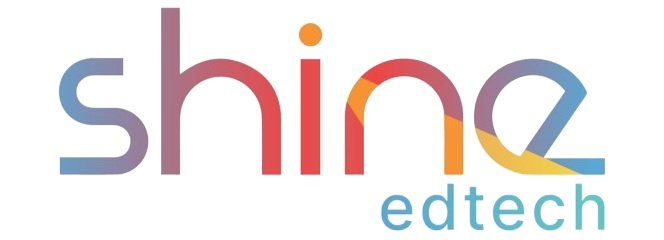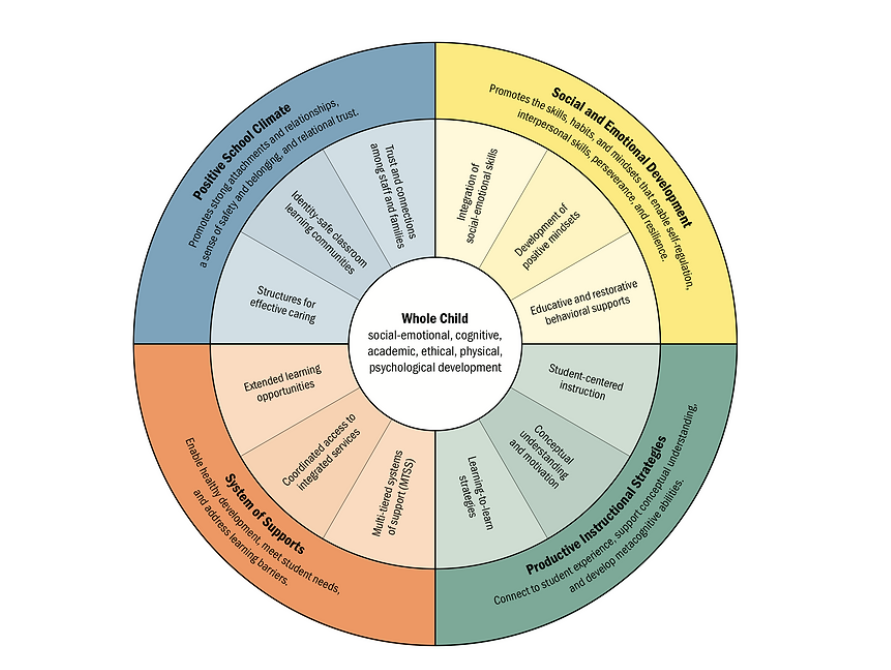Science of Learning
Realize the potential of every child by leveraging on the Science of Learning and development as an actionable driver of change.
How do young children develop their sense of self? How do they learn to understand what they read, and express their ideas in writing? How do they develop abstract knowledge of mathematical concepts?
These questions and others are explored in Deans for Impact’s publication, The Science of Early Learning. This report summarizes current cognitive-science research related to how young children — from birth to age eight — develop skills across three domains: agency, literacy, and numeracy. This document is intended to serve as a resource to anyone who is interested in our best scientific understanding of how young children develop control of their own behavior and intentions, how they learn to read and write proficiently, and how they develop the ability to think mathematically.
Although not intended to cover every aspect of early learning and development, it may be considered a starting point for educators, teachers, parents, and caregivers who wish to explore principles of learning science as they relate to young children.
“The Science of Learning and Development (SoLD) confirms what City Year AmeriCorps members know to be true from their work in schools every day: every student is uniquely talented, and when the right conditions are in place, including access to developmental relationships, they will thrive in school and reach their full potential."
- JIM BALFANZ, PRESIDENT, CITY YEAR
How Science of Learning can Influence the Future of Education?
Over the last few decades, educators are beginning to ask fundamental questions around how we learn and what helps us to learn. The Science of Learning field seeks to understand underlying mechanisms of learning, solve educational problems in practice, and maximize every learner’s potential. Hear a more critical reading of the findings in this field, as educational experts explain how technological and scientific advances in the science of learning can be used to help translate the findings for more effective teaching and learning.
Pillars of Science of Learning
What does the science say?
To elevate the converging knowledge from the science of learning and development, the SoLD Alliance assembles this knowledge into several initial findings, which are overlapping and need to be understood in an integrated way. When considered together, they have profound implications for the structure and culture of education systems and, in particular, for efforts to advance equity.
The lessons from the science shows that all children have talents; that all children can succeed in intentional, well-designed, developmental contexts; and that the methods we currently use to develop, measure, and categorize ability are inadequate for, and in many cases undermining of, our goals. The challenge before us, given the barriers built into current systems, is to transform the purpose and core pillars of those systems, not simply to reform them.
Current educational systems:
Standardize around a mythical “average” student and are not designed to serve the interests, abilities, and needs of each and every child.
Perpetuate deep structural racism and implicit bias that continue to marginalize students of color, students with learning differences, English learners, and other groups of students.
Fail to operate based on knowledge from the science of learning and development or a shared commitment to equity, resulting in less optimal decision-making on behalf of students and society.
If education is to be equitable, then it is necessary to transform our nation’s education systems –to ensure that they are deeply informed by the science of learning and development and designed for equity.
Realizing this vision will require great change in the nature of our education systems themselves – to break industrial-age compliance culture, and function as deeply integrated learning systems that are themselves designed to be malleable, to integrate the growing knowledge from the science of learning and development, and to learn and improve over time.
Implications for practice
The SoLD Alliance findings have implications for where, when, and how learning happens. Along with initial findings, the following K-12 practice implications that can catalyze systems change are identified below:
A positive school climate that promotes strong attachments and relationships, a sense of safety and belonging, and relational trust.
Productive instructional strategies that connect to student experience, support conceptual understanding, and develop metacognitive abilities.
Development of social-emotional skills that promote positive habits, and mindsets that enable self-regulation, interpersonal skills, perseverance, and resilience.
System of supports that enable healthy development, meet student needs, and address learning barriers.




